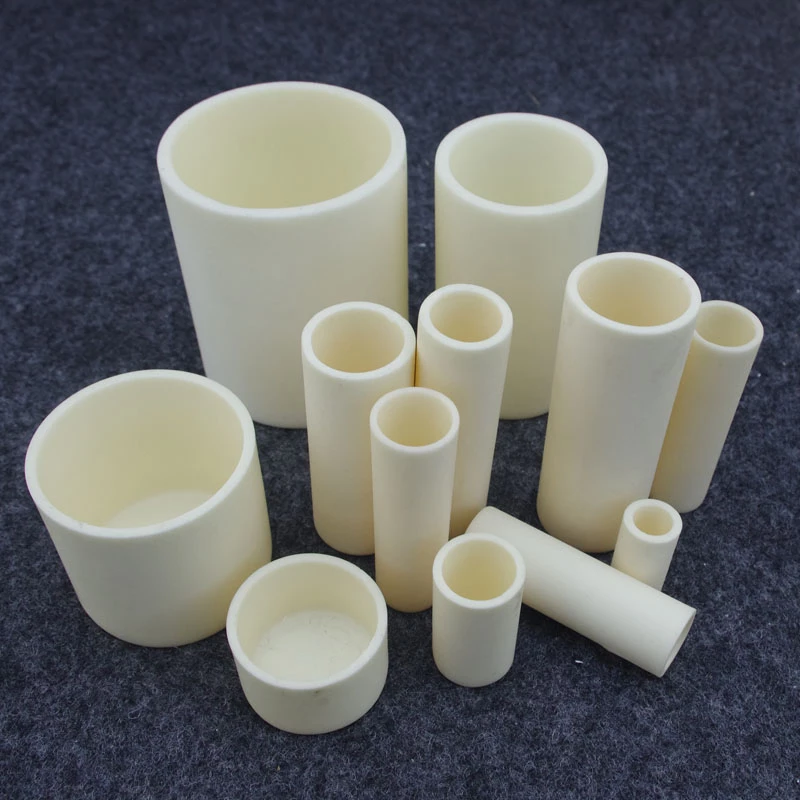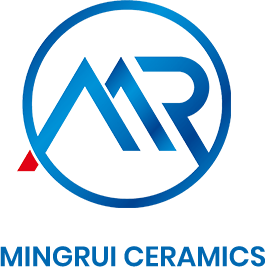What are the advantages of alumina ceramic crucibles?
High-purityalumina ceramic cruciblesare suitable for various laboratories, laboratories, analysis of metal and non-metal samples, melting materials and various industrial analyzes due to their excellent high temperature resistance and chemical corrosion resistance.

Alumina ceramic crucibles manufactured by Mingrui Ceramics
Crucibles are often used in laboratories to heat solids at high temperatures to complete corresponding chemical experiments. The size and material of the crucible are customized according to the specific substance of the experimental object, so as to ensure the purity of the smelted substance and the accuracy of the experimental results.
At present, there are many kinds of crucible materials, including iron, cast iron, quartz, porcelain, corundum, graphite, silicon carbide, platinum, nickel, gold and silver, etc. There are three main types of raw materials for crucible production in the past: crystalline natural graphite, plastic refractory clay, and calcined hard kaolin-like skeleton clinker.
Since 2008, high-temperature-resistant synthetic materials have been used, such as alumina, silicon carbide, and ferrosilicon. Alumina ceramics have the advantages of high temperature resistance (about 1200 degrees), corrosion resistance and wear resistance, which can effectively improve the product quality of the crucible, increase the density of the crucible, and improve the mechanical strength.
Alumina ceramic crucibles can be divided into two categories:
1) Porcelain crucible with alumina content between 45-55%. Porcelain crucibles can be used to melt samples of acidic substances such as K2S2O7. However, generally it cannot be used for melting alkaline substances to avoid corrosion of the porcelain crucible. And the crucible cannot be in contact with hydrofluoric acid. If you clean the porcelain crucible, you can boil it with dilute hydrochloric acid.
2) A corundum crucible with an alumina content of more than 95%. The corundum crucible composed of porous fused alumina is hard and refractory, suitable for weakly alkaline substances as flux samples, not suitable for strong alkali and acidic substances as flux samples.
We mainly supply two kinds of refractory crucibles: zirconia crucible (isostatic pressing forming) and alumina crucible (forming by special process), we can supply crucibles of various conventional shapes and sizes, and can also customize special sizes and shapes.

 EN
EN  CN
CN
